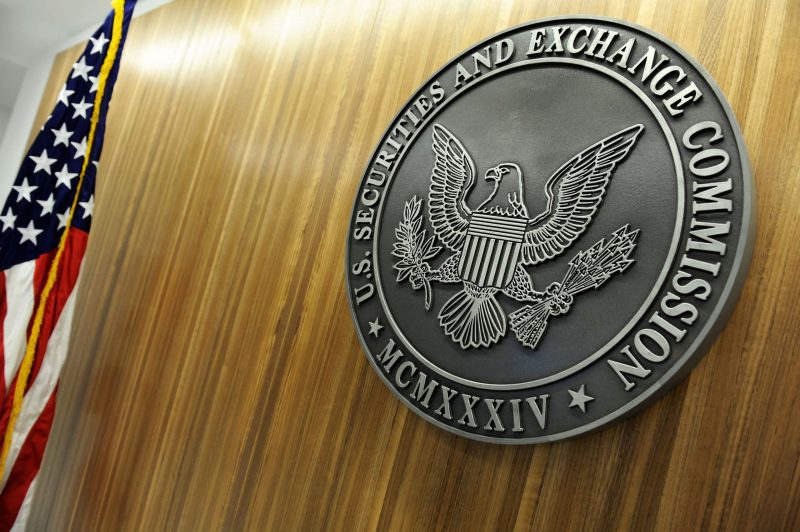The DeFi Education Fund and the Blockchain Association have filed an amicus brief supporting a legal challenge against the United States Securities and Exchange Commission (SEC) and its Chairman Gary Gensler. The case, spearheaded by the New Civil Liberties Alliance (NCLA) and two individuals, targets the SEC’s Consolidated Audit Trail (CAT) system. While the complaint does not explicitly address cryptocurrency or blockchain, the brief argues that the CAT poses significant risks to crypto users’ privacy.
What is the Consolidated Audit Trail?
The Consolidated Audit Trail (CAT) is a comprehensive database first proposed in 2010 and operational as of April 2023. According to the CAT’s official website, the database tracks the lifecycle of orders and identifies broker-dealers involved, allowing regulators to monitor trading activities in U.S. markets more efficiently.
However, the CAT has drawn criticism for the vast amount of data it collects, which many believe oversteps privacy boundaries. The NCLA’s lawsuit against the SEC argues that the database imposes “dystopian surveillance” and unwarranted monitoring on millions of American investors.
Privacy Concerns in the Blockchain Space
The DeFi Education Fund and the Blockchain Association’s brief emphasizes how the CAT could have unintended and severe consequences for crypto users. Because public blockchains are transparent, the CAT could potentially link personally identifying information with blockchain wallet addresses. This connection would expose all transactions—past, present, and future—of a blockchain user to anyone with access to the database. This level of exposure goes far beyond the original intention of the CAT, which was primarily designed to track securities transactions.
Also Read: India’s Web3 Alliance Strengthens Cybersecurity
Security Risks and Legal Challenges
Critics of the CAT have also raised concerns about the database being a significant security risk. Described as a “honey pot” for hackers, the CAT’s vast repository of sensitive information is accessible to thousands of SEC employees and member organizations. This level of access increases the risk of data breaches.
Moreover, the Securities Industry and Financial Markets Association (SIFMA) has argued that the SEC’s use of the CAT for rulemaking could violate the Administrative Procedure Act. The Act requires that any data used for such purposes must be publicly accessible, which is not the case with the CAT.
The CAT is facing additional legal challenges, including a separate lawsuit from Citadel Securities and the American Securities Association. The NCLA has also played a crucial role in other significant legal battles, including a case that led to the Supreme Court overturning the Chevron deference, a legal doctrine that had previously granted broad regulatory authority to federal agencies.
